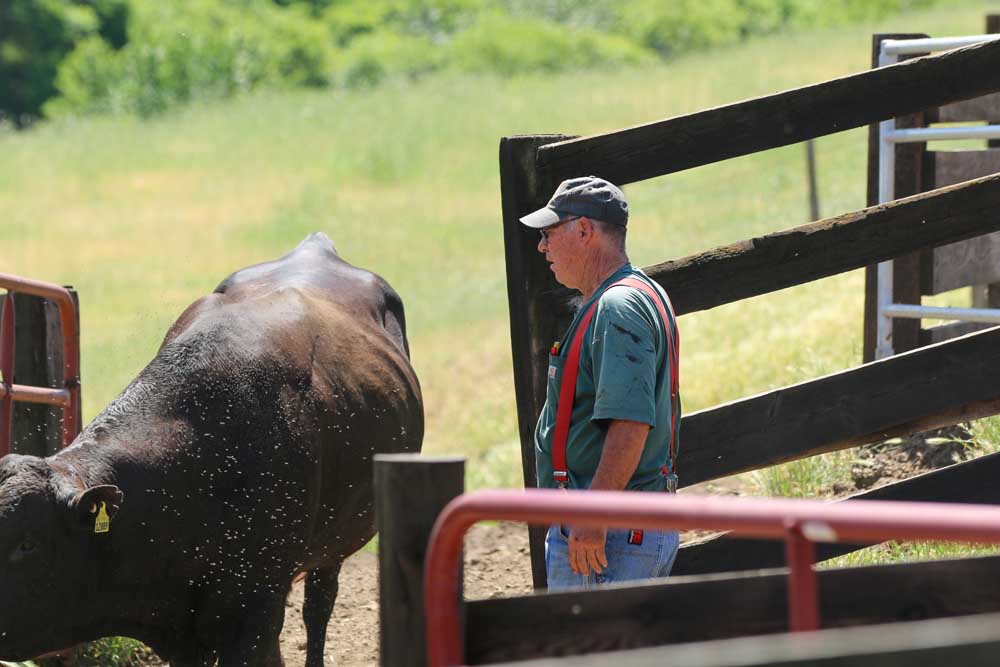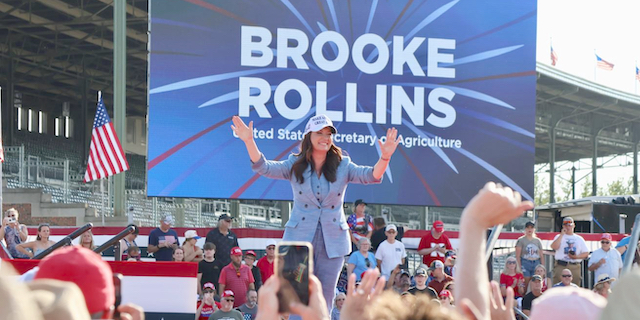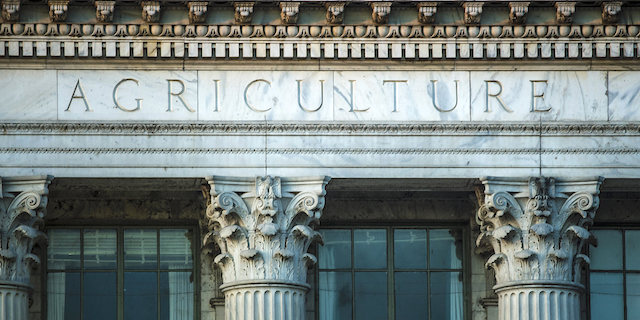Bar R Cattle Company: Raising Wagyu cattle in E. Washington
Published 7:00 am Thursday, December 10, 2020

- Jerry Reeves tends to his Wagyu cattle.
Jerry Reeves and his wife, Heidi, breed Wagyu cattle along the Snake River in Eastern Washington.
Trending
The cattle spend winter in the Snake River breaks and summer on leased land in Idaho’s mountains.
“We grow alfalfa hay during summer, to feed through winter,” Reeves said.
He was a professor in the animal sciences department at Washington State University for 37 years but is now retired and focused on his cattle.
Trending
During the 1980s the state of Washington’s international marketing program funded research on potential products for export to Japan. In 1988, Reeves was part of team that went to Japan to evaluate the possibility of sending U.S. meat to Japan. During that trip he discovered Wagyu cattle.
Japan was planning to lift its import quotas on meat, and since Japanese farmers could only produce one-third of the meat their country would need, there was opportunity to send U.S. meat to Japan. The Washington state team wanted to determine what the Japanese consumer desired in beef that could be exported from the U.S.
“In Japan we found an amazing carcass breed. Japanese consumers were accustomed to very high-marbled beef,” Reeves said. His team’s recommendations were to produce this beef, since American prime beef was not as marbled.
“Our idea was to import Wagyu into the U.S., cross them with U.S. cattle, and create a product we could export to Japan,” he said.
On their ranch, Jerry and Heidi raised Angus-Simmental when their kids were in 4-H, showing some of those crossbred calves. Later, they converted their small commercial cattle herd to Wagyu.
“We became interested in Wagyu because of their carcass quality and calving ease. Our Bar R Cattle Company registered our first percentage Wagyu heifer in 1990 and joined the fledgling American Wagyu Association,” he said. “We are now the oldest active member in the association.”
For the past three decades, Jerry has been dedicated to advancing the American Wagyu breed.
“We leased some of our Wagyu bulls to commercial Angus breeders, for use on heifers for calving ease, and bought back all the progeny at a premium,” he said. “We sold those calves to feedlots finishing cattle for the Japanese market.”
That part of their business was bought by Agri Beef.
“They have their own bulls they lease to ranchers, and also buy calves sired by our bulls. We get carcass data back on those calves,” said Reeves.
“We have data on our bulls’ performance on feed intake and average daily gain and collect semen from the top bulls. We select Wagyu that are efficient as well as high-marbling with good ribeye.”
Another part of their business is BR2 Wagyu Genetics LLC, marketing semen and embryos.
“Our daughter, Arlie, designs and maintains our website and sire directory featuring over 50 of our bulls,” he said.
Their third production sale will be in May 2021. They have a sale every other year at the ranch — a video auction selling up to 40 young bulls and 40 top females.
Reeves is currently developing a polled line of Wagyu, with carcass quality as good as or better than full-blood horned animals.
“We do a little bit of everything, which includes selling meat. We currently have 24 steers on feed, and market two carcasses per month to three restaurants — my son Fred’s San Francisco restaurant, The Brick House Café, and 25 Lusk, also in San Francisco, and The Shambles in Seattle.”
“We’re just a mom-and-pop operation and run 120 cows. Normally we hire college students as summer help for fence-building, haying, etc. but this year we didn’t hire anybody because of COVID,” he said. “My wife and I just did it all. We are behind, but we do what we can. We feel lucky to be ranchers in the USA in a way of life that can’t be beat.”







